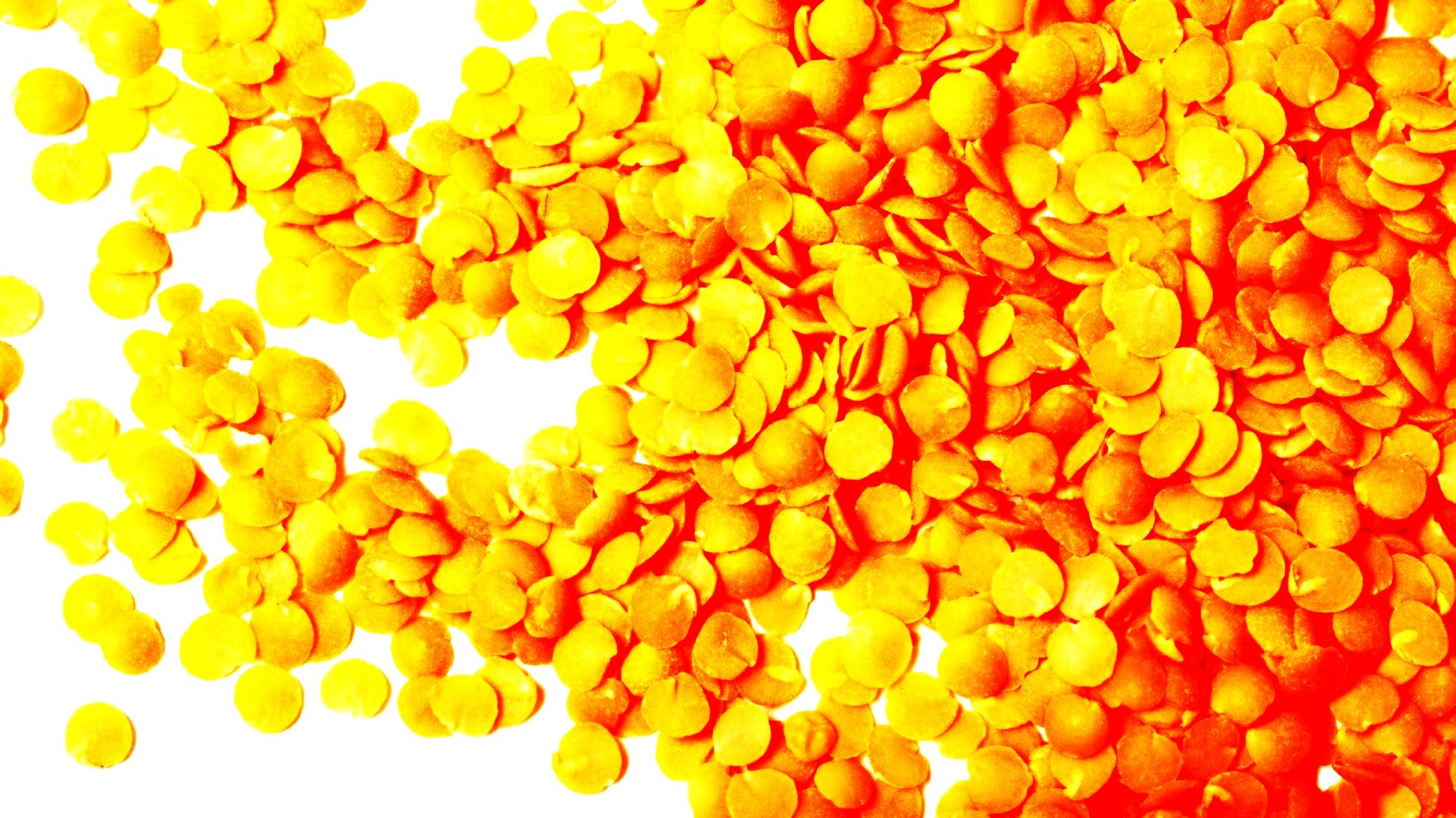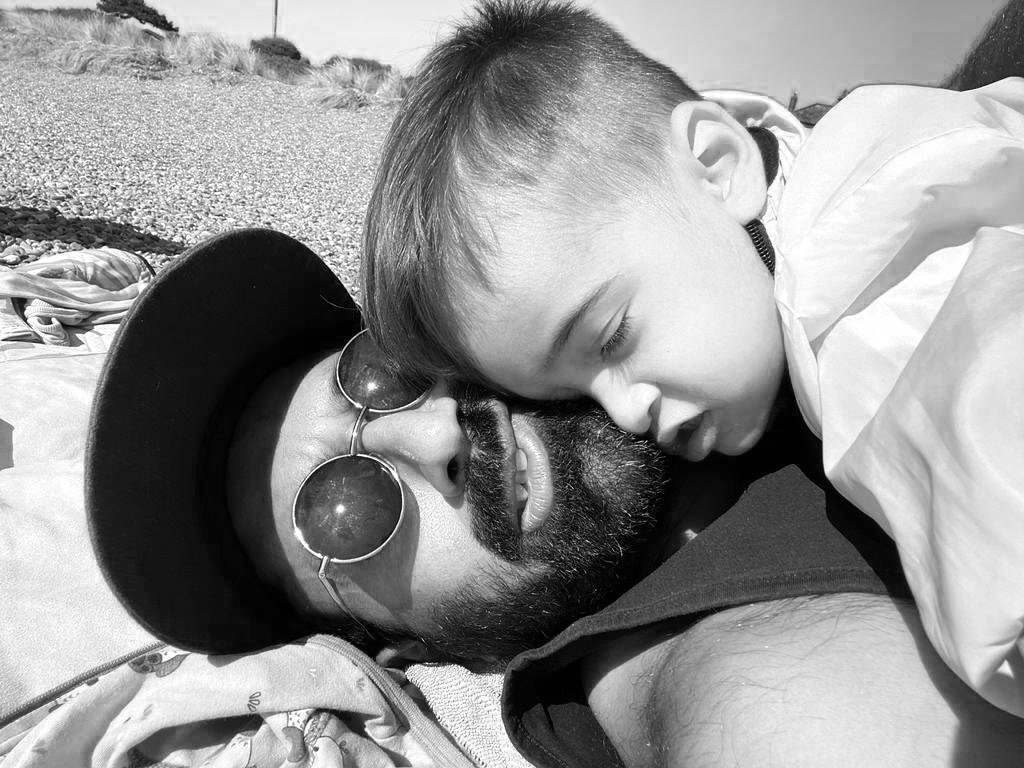
TEHSEEN NOORANI
Space-wise, I whakapapa to Gujarat, India, though myself was born and raised in south-east England. Time-wise, I relate to being a mid-Xennial, half-confused-half-bewitched by the technological dream-times I find myself in. My mahi focuses on extreme experiences – for twenty years I have studied psychosis/madness/psychiatric survivor/mad pride movements, and for the second ten of these I have also studied psychedelic science and therapeutics. I’ve written on expertise-by-experience, the professionalization of peer support, the medicalization of psychedelics and the contemporary imbrications of mad and psychedelic experiences.
I’ve moved through several universities – Bristol University (a PhD on the Hearing Voices Network), Johns Hopkins (postdoctoral research leading the psychedelic lab’s first qualitative study), New York University (teaching the science and history of drugs, pharma, and psychedelic experiences), University of East London (teaching transformative evaluations and community psychology), Durham University (a Marie Curie fellowship to work with the Hearing the Voice project).Since 2008 I’ve been part of the Authority Research Network, which draws on social and political theory in experimental ‘slow-thinking retreats’. I have supported activist and advocacy movements, such as the Bristol Hearing Voices Network and in co-leading the 2021 conference, Psychedelics, Madness & Awakening: Harm Reduction and Future Visions.
I am currently in Tamaki Makaurau affiliated with the University of Auckland School of Pharmacy as the non-Indigenous Lead of Community Strategising about Psychedelic Therapy in Aotearoa.
I’m sixth generation Pākehā (Aerena, Ingarangi, Kotirana, Hemane) – my European settler ancestors were militia and missionaries deeply implicated in the colonisation of Aotearoa. I was born and raised and now mainly live in Tāmaki Makaurau on beautiful lands that Ngāti Whatua gifted to the colonial government 150 years ago – a gesture that, like Te Tiriti o Waitangi, was and is continually and violently betrayed by Pākehā.
I’m also a mama, facilitator, artist and researcher – PhD’d in Critical Psychology from the City University of New York in the US, recently moved from being a Senior Lecturer in Community Psychology to a Senior Research Fellow in the Institute for Connected Communities at the University of East London in the UK and now also a Visiting Scholar at Te Roopū Whāriki – a Kaupapa Māori research centre out of Massey University in Aotearoa.
Seeking to breach the genocidal legacies of both my settler and intellectual ancestry, for two decades I have been committed to mapping the circulation of psy within coloniality and experimenting with creative, participatory and more-than-human efforts toward decoloniality. As well as (at)tending to my own body and relationships, I have developed a particular fondness for doing so through pedagogy and methodology. E.g., I have a book – Psycurity: Colonialism, Paranoia and the War on Imagination – where I experiment with making spaces for breathing – otherworldly correspondence – imagination – within suffocating conditions – White supremacy – coloniality.
Other past projects have collab-ed with activists to confront police brutality, educational injustice, the privatisation of sex and the securitisation of madness.
I am currently particularly taken by Sylvia Wynter and Frantz Fanon and Gloria Anzaldúa and Isabelle Stengers and Alexis Pauline Gumbs and Bayo Akomolafe. And whales, always.
I am a Fulbright, Bright Futures and AAUW alum. In 2016 my PhD won the International Association of Qualitative Inquiry award for its “outstanding” experimentation with method. In 2022 I became PI of a UK AHRC-funded collab with Dr Teah Carlson (Ngati Porou, Te Whānau-a-Apanui, Waikato-Tainui) to experiment with the decolonial possibilities and complexities of communing with settler and Indigenous ancestors - a kaupapa that, for me, is driven by my inherited arthritic bones and the stories they are trying to tell.
LEN TIL


